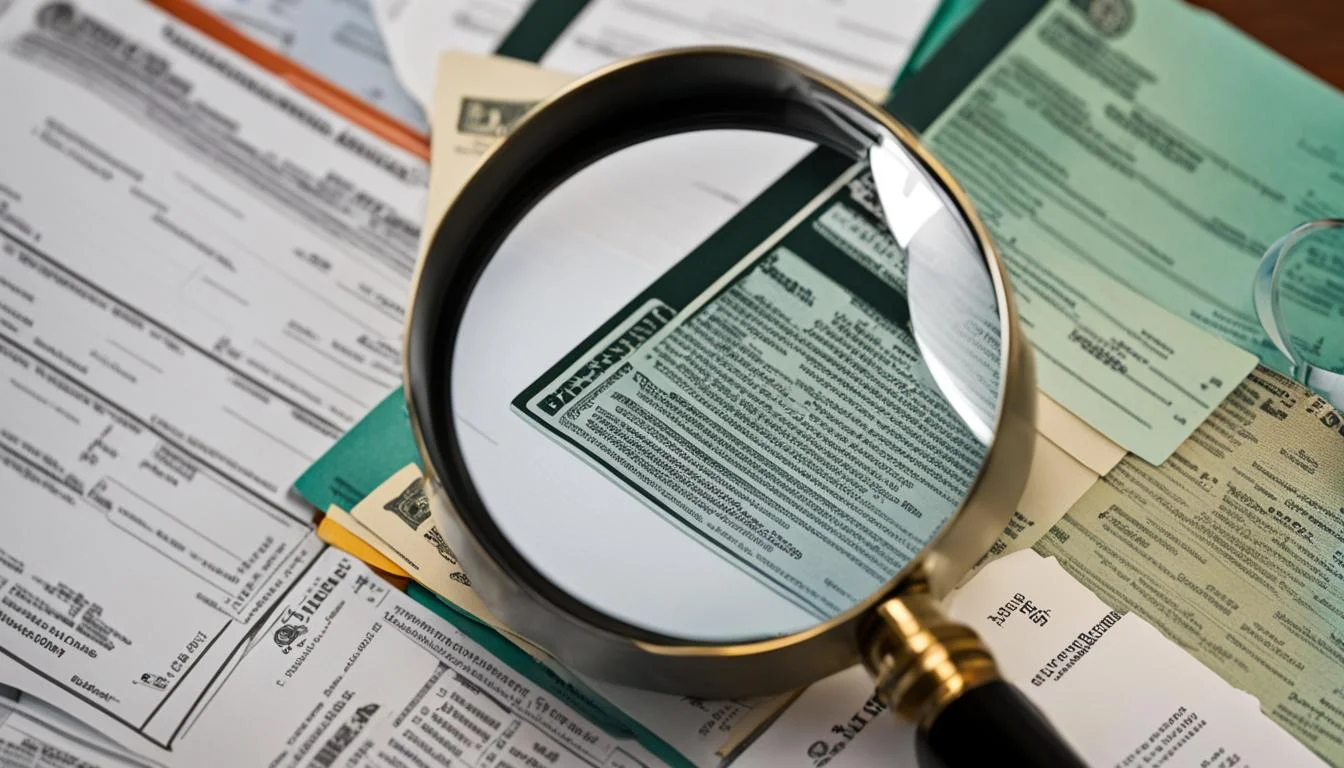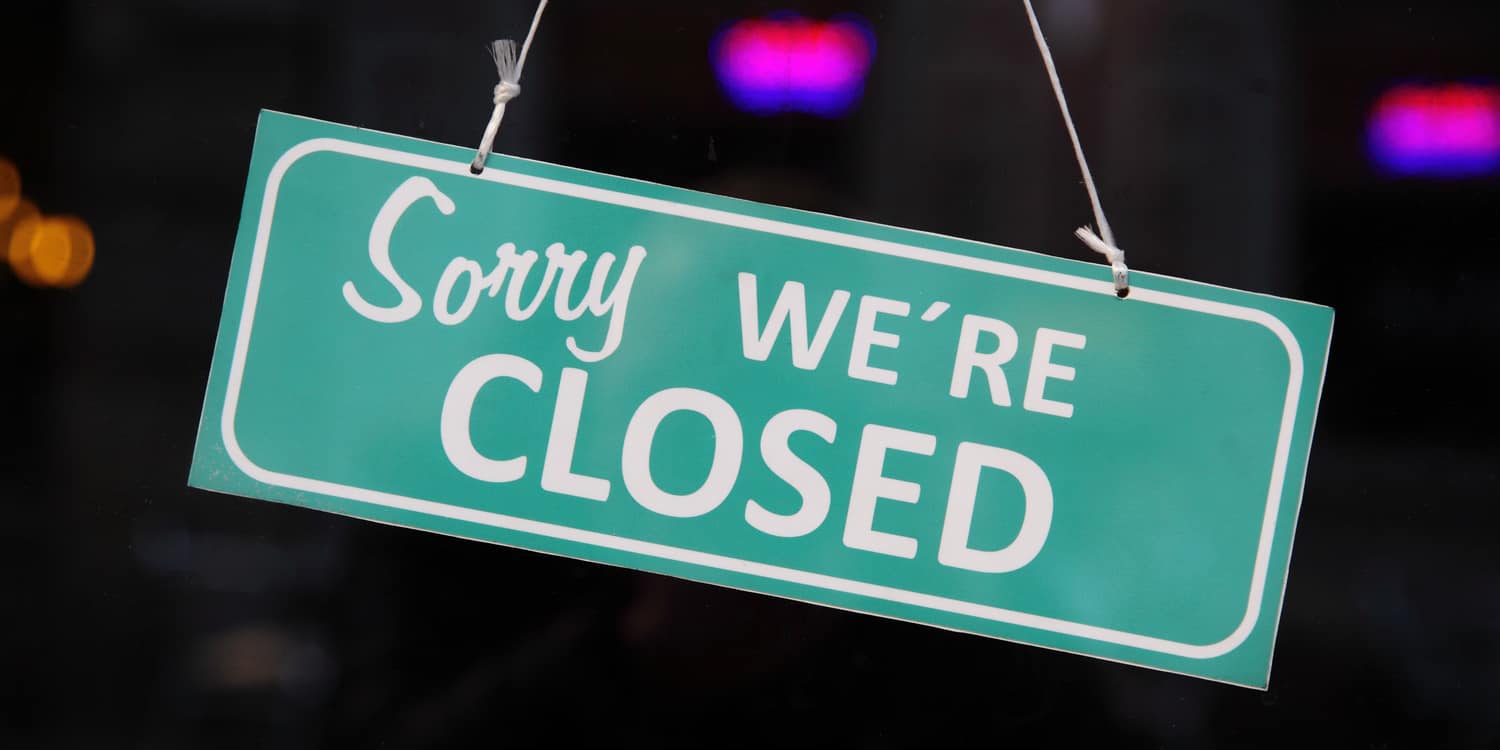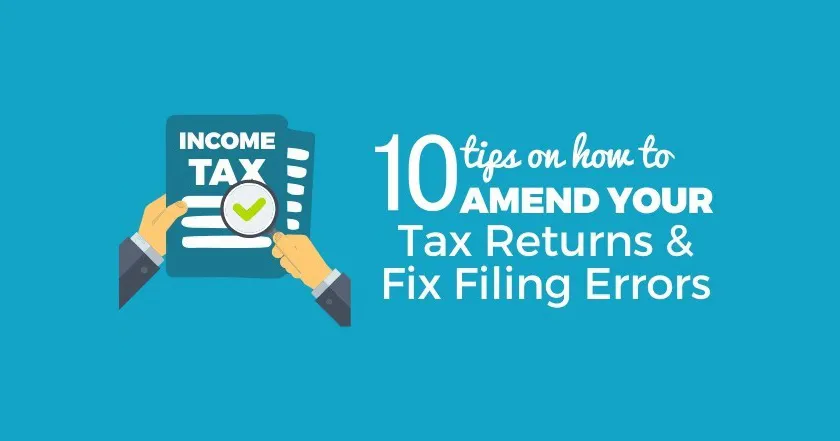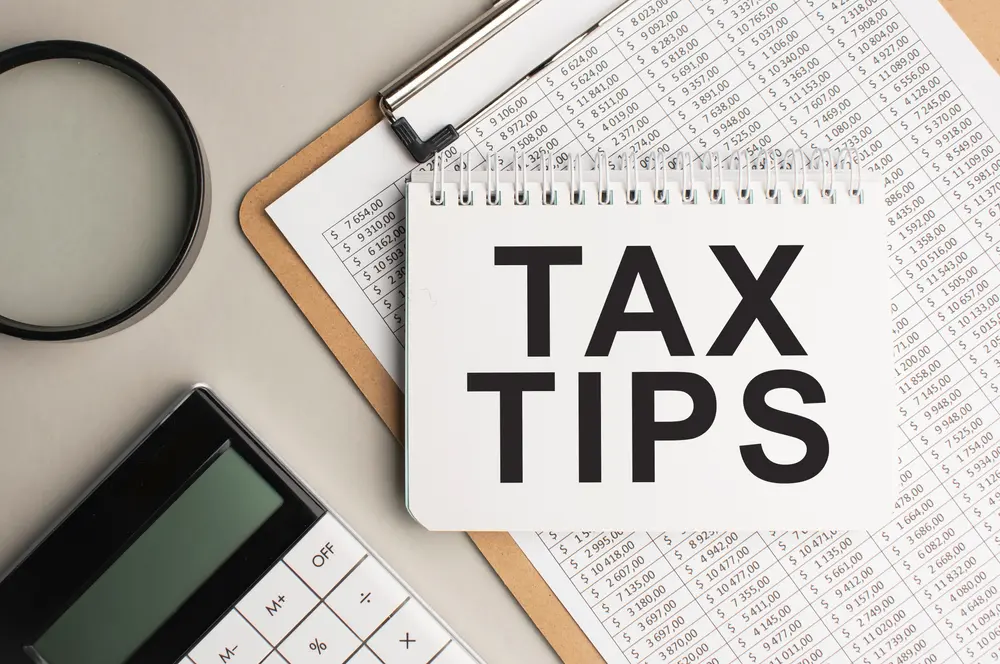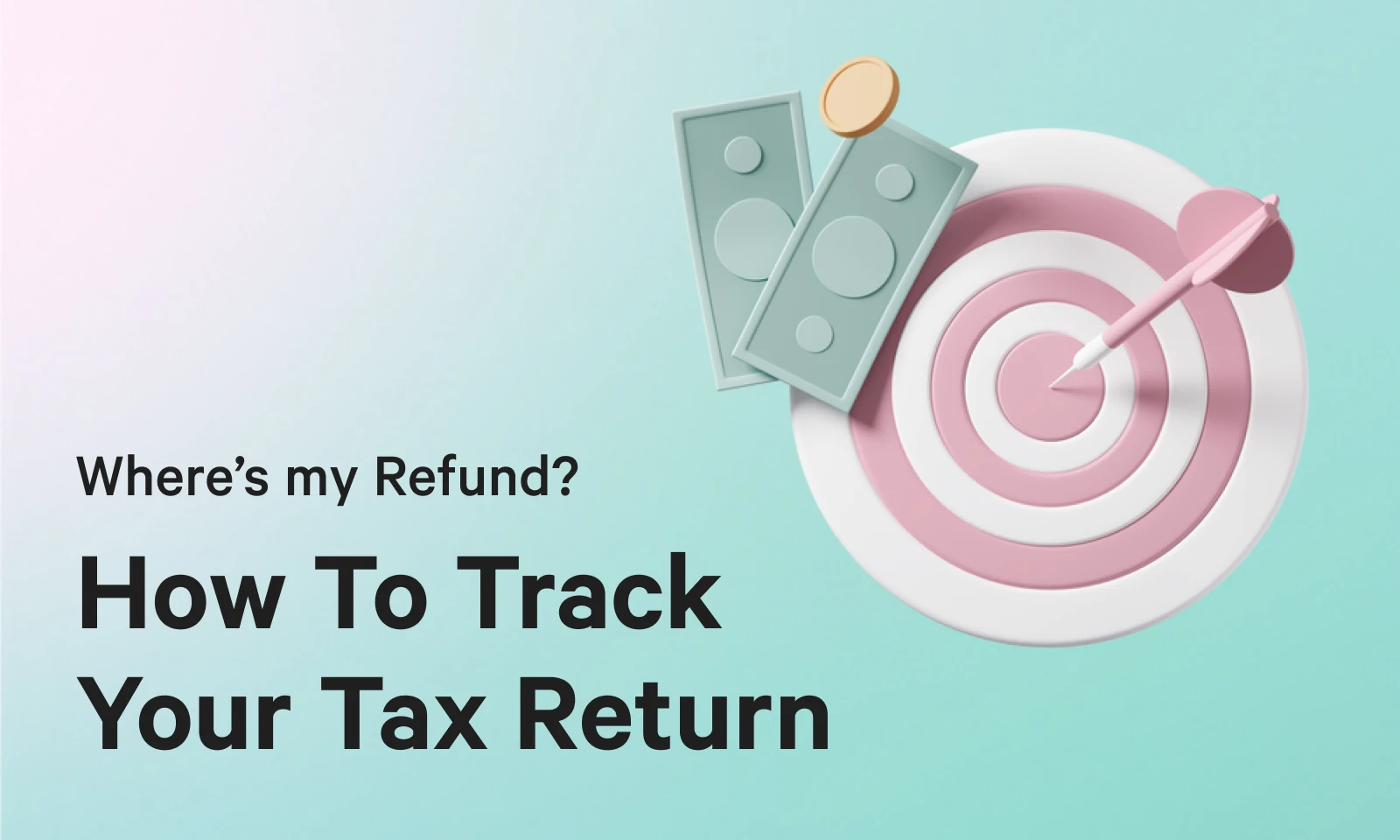Navigating the world of business involves understanding and adhering to various regulatory requirements, one of which is obtaining and maintaining appropriate business licenses. A business license search is an essential step for anyone looking to verify the legitimacy of a business, comply with local regulations, or prepare for their own business operations. This guide provides detailed information on how to perform a business license search, where to find the necessary information, and why it’s important.
What Is a Business License Search?
A business license search is the process of checking whether a company is properly
registered and legally allowed to operate in a specific city, county, or state. It helps verify
that the business holds the necessary licenses—whether general or industry-specific—
required by local, state, or federal authorities.
Why Would You Search for a Business License?
- Confirm Legitimacy: A valid license confirms that a business is recognized by government agencies.
- Stay Legally Compliant: Ensures businesses meet licensing requirements to avoid fines, penalties, or closure.
- Protect Yourself: Reduces the risk of working with unlicensed or fraudulent businesses.
- Build Trust: Licensed businesses tend to inspire greater confidence from customers, suppliers, and investors.
How to Conduct a Business License Search
Step 1: Gather Basic Information
Collect details such as the business name, the owner’s name (if available), and the location where the business operates.
Step 2: Identify the Jurisdiction
Determine if the license is handled at the local (city or county) level or by state authorities.
Step 3: Search Local or State Government Websites
- City/County Level: Visit the local clerk’s office website. Many cities offer free “business license lookup” tools.
- State Level: Check your state’s Department of Business Licensing or Professional Regulation for searchable online databases.
Step 4: Check Federal Agencies (When Applicable)
For businesses that operate in federally regulated industries:
- U.S. Department of Transportation (DOT)
- Alcohol and Tobacco Tax and Trade Bureau (TTB)
- Other federal agencies tied to specific sectors
Step 5: Use Third-Party Services (Optional)
Some paid services offer multi-state or nationwide license searches if you need more extensive information.
Why Business License Searches Matter
- For Business Owners: Ensures you are fully compliant, which is critical for obtaining loans, signing leases, and securing contracts.
- For Consumers: Provides peace of mind when selecting trustworthy service providers.
- For Investors and Partners: Acts as a due diligence step before forming business relationships.
Key Takeaways
- Running a business license search helps verify whether a company is legally registered and compliant.
- It’s an important step whether you’re launching your own business or evaluating another for hiring or partnership.
- Verifying licenses protects you from fraud and ensures the business is operating lawfully.
- Conducting a license search fosters trustworthy and reliable business relationships.
- Following the proper steps to search and confirm licensing allows you to make informed, confident decisions.
Frequently Asked Questions
Do all businesses need a license?
Not all businesses need a license, but many do. Requirements vary by industry, location, and type of services provided.
Where can I check if a business is licensed?
You can search local clerk’s office websites, state licensing departments, or industry specific federal agencies.
Is there a fee to search for a business license?
Most local and state business license lookups are free, but some third-party services may charge for comprehensive, multi-state searches.
What happens if a business doesn’t have a license?
Operating without a required license can result in fines, penalties, or legal shutdown.
Can I trust third-party license search services?
Some are reliable, but always double-check their findings against official government sources.

